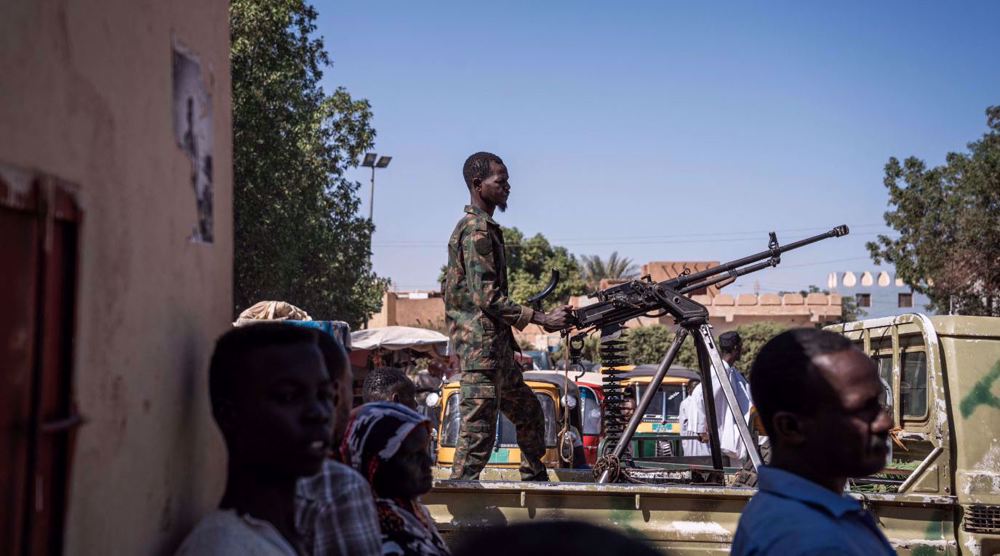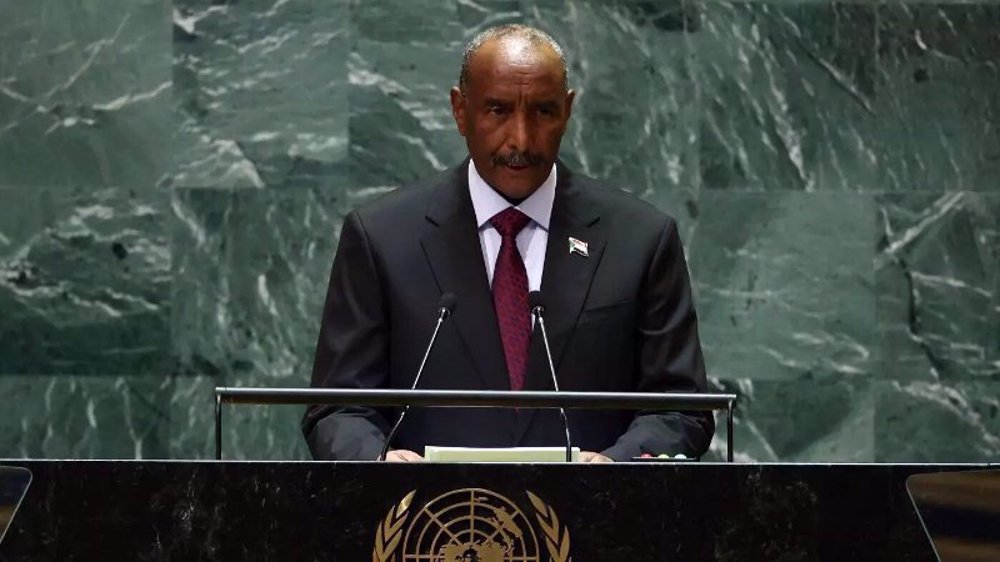UN gives commanders of South Sudan peacekeepers the axe
United Nations' Secretary General Ban Ki-moon has dismissed and called for the immediate replacement of the commander of peacekeeping forces in South Sudan, in reaction to a damning report which shows the failure of the mission to protect civilians and UN staff during a deadly violence that erupted in the capital Juba earlier this year.
An independent UN inquiry released on Tuesday suggested that civilians in the Terrain Camp in Juba had been subjected to gross human rights violations including murder, intimidation and sexual abuse. The special investigation also found that the UN peacekeeping mission, known as UNMISS, had failed to respond to repeated pleas for help from the aid workers under attack just a few minutes' drive away.
According to the summary of the report, UNMISS Commander, Kenyan Lieutenant General Johnson Mogoa Kimani Ondieki, was found to have displayed a lack of leadership that "culminated in a chaotic and ineffective response to the violence."
Based on the inquiry, the peacekeepers abandoned their positions on a few occasions and at other times, they showed poor crowd control.

It also says UNMISS soldiers refused to conduct foot patrols near UN bases and instead would "peer out from the tiny windows of armored personnel carriers, an approach ill-suited to detecting perpetrators of sexual violence and engaging with communities to provide a sense of security."
Back in July, South Sudanese troops, following intense fighting with opposition forces in the capital, went on a rampage through the residential compound popular with foreigners. The attacks also targeted the adjacent UN shelter for 27,000 displaced civilians.
The violence left at least 73 people dead.
South Sudan gained independence in July 2011, but descended into war in December 2013, after President Salva Kiir accused his vice president Riek Machar of plotting a coup to usurp power.
Numerous international attempts to strike a truce between the warring sides have failed.
South Sudan civil war: A timeline of events
July 2011: Machar is appointed first vice president after South Sudan’s independence.
February 2013: Machar and his entire cabinet are dismissed over coup plot charges.
December 2013: Fighting erupts after Kiir accuses Machar of plotting to overthrow him.
January 2014: A ceasefire is signed between the government and the opposition.
August 2014: The first round of talks begins in Ethiopia's capital, Addis Ababa, as fighting continues in violation of the peace deal.
February 2015: The government calls off general elections due in a few months because of the ongoing conflict.
August 2015: The president signs an internationally-mediated peace deal under which, Machar would return as vice president.
April 2016: Machar returns to Juba and is sworn in as first vice president in a new unity government.
July 2016: Kiir sacks Machar again after a new wave of fighting erupts. Machar leaves Juba with his troops.
August 2016: The opposition figure flees the country.
Occupation of Syria’s highest peak Mount Hermon part of ‘Greater Israel’ project
Iran: Syrian people will decide their future without foreign interference
IRGC says Iran’s power exceeds borders, warns enemies to adjust themselves
Dozens detained, several wounded in Israeli raids in West Bank
‘Ethnic cleansing’: Hamas blasts Israeli attacks on Gaza hospital amid intl. silence
Saudi delegation meets HTS leader at presidential palace in Damascus
Relentless Israeli ceasefire violations justify need for self-defense: Lebanese MP
Tel Aviv tells Damascus Israeli forces will remain in occupied territory: Report










 This makes it easy to access the Press TV website
This makes it easy to access the Press TV website